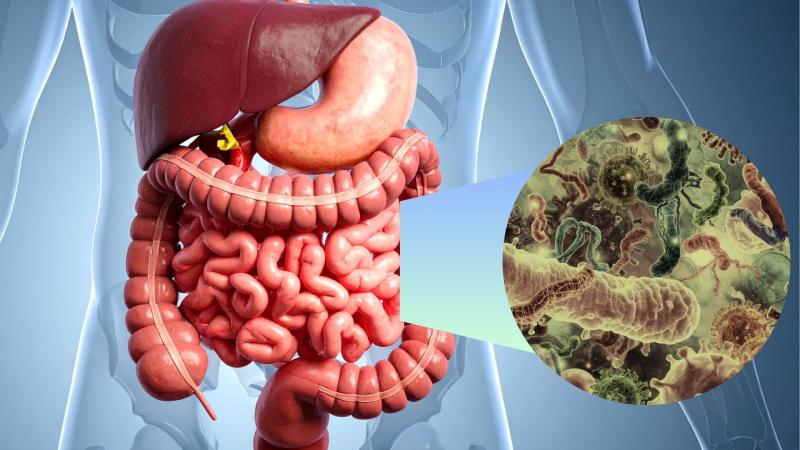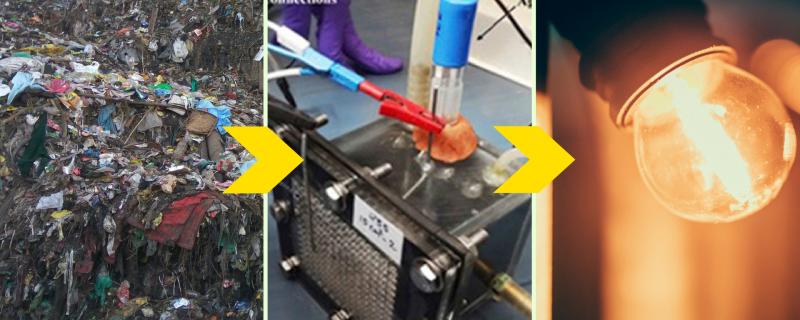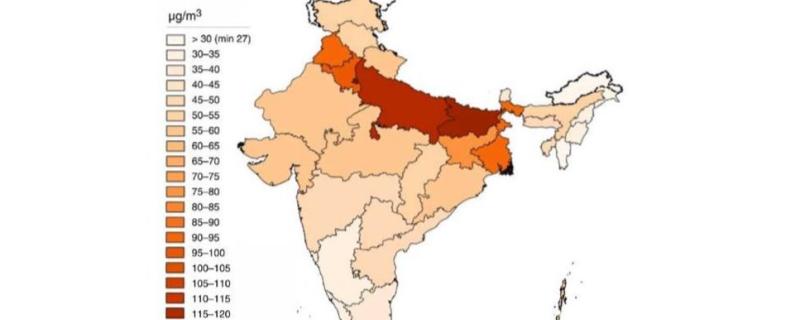A new study by researchers from Indian Institute of Technology Bombay, Mumbai has, for the first time, demonstrated an efficient way to convert garden waste into fuel pellets that could be used for cooking.
IIT Bombay
While the country struggles with various problems related to waste management, scientists from the Indian Institute of Technology, Bombay, have come up with a novel solution to turn waste to wealth. The researchers develop a method to generate energy from landfill leachate and microbial fuel cells.
3.6 million lives could be lost in 2050 due to air pollution, says a recent study.
According to a new study by researchers from the Indian Institute of Technology-Bombay (IIT-B), the Health Effects Institute (HEI), and the Institute for Health Metrics and Evaluation (IHME), in 2015, only one in 1000 Indians lived in areas where particulate pollution did not exceed the permissible levels prescribed by World Health Organization (WHO).
Scientists from Indian Institute of Technology, Bombay, find a way to convert undesirable heat energy from electronic devices to electricity and reconverting this into electricity using the concept of thermoelectric effect - a physical phenomenon where a difference in the temperature between two contacts leads to a difference in the voltage, and hence flow of electricity.
In a first of its kind study in India, scientists from Indian Institute of Technology Bombay (IITB) and National Institute of Solar Energy, New Delhi, conducted a detailed survey at 51 locations across India to check for the degradation in the performance of photovoltaic modules. This study, to establish reliability of the modules, could help India achieve the ambitious dream of 100 GW of solar energy by 2022.
[field_op_main_image]
Transistors are the backbone of the zillion electronic devices that we use today. While development of these semiconductor devices dates back to four decades, it's applications are ever increasing. Internet of Things is the new application that is transforming the development of transistors. In view of this, scientists at IIT Bombay and SCL ISRO have developed a new kind of Bipolar Junction Transistor that is completely indigenous. The researchers believe a home made technology can see its application in strategic sectors like space and defence.
[field_op_main_image]
Can insects help us decipher how molecules behave? Yes, say scientists from Department of Chemistry of Indian Institute of Technology (IIT) Bombay, IIT Kanpur, IIT Guwahati and Indian Association for the Cultivation of Science, Kolkata. In a recent study, they have described how the concept of ‘swarm intelligence’ can be used to determine the most stable configuration of a molecule and its electronic structure. With this knowledge as base, scientists can design molecules such as drugs, vaccines and polymers with targeted properties.





